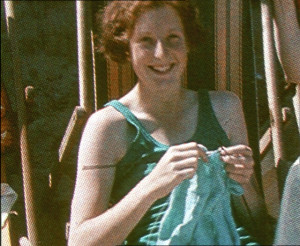
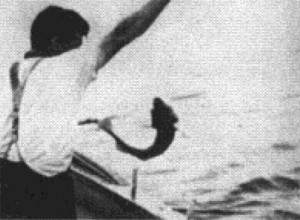
"In the land of the Gaspe Peninsula the people live by the sea, fishing for cod, cleaning and preparing these for market; sheep, wool, spinning, cloth weaving; and wood carvings. The wood carving center of Canada has many excellent carvings; works of art, creations of all sizes. A bird sanctuary three miles from the peninsula is a breeding ground for gannets. An unusual but happy visit with people and their daily affairs" PSA Journal, Nov. 1960, 41.
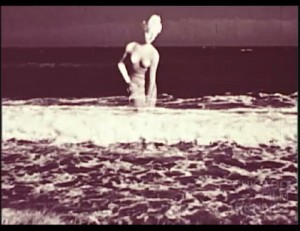
"A short travelogue film on the Republic of Cyprus. A narrator warmly introduces viewers to the charms, history and people of Cyprus." Chicago Film Archives.
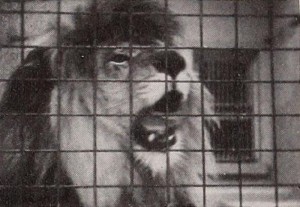
"A Day at the Zoo is a lively and pleasing film of a family's visit to the New York Zoological Gardens. The youngsters of the family discover the Children's Zoo and make the acquaintance of farmyard animals. They feed the chickens and pet the lambs while Father and Mother look on. The larger and stranger beasts in the main part of the Zoological Gardens are next pictured; the children feed them, too, but at a safer distance. In this film, Walter Bergmann has produced the best type of informal zoo picture — a story with human interest, enlivened with a sense of humor." Movie Makers, Dec. 1943, 477.
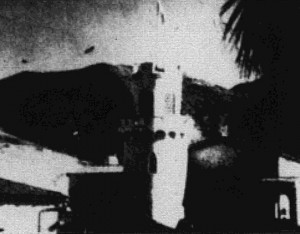
"Death Valley by Ernest R. Schneider, a PSA member of La Mesa, Calif. Ernie presents a fine film of this desert area with its many sightseeing and geological wonders. This 14-minute 16mm film was awarded an Honorable Mention" PSA Journal, Nov. 1971, 42.
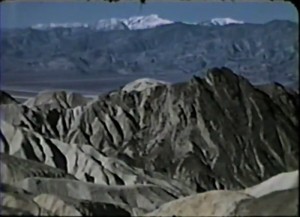
Kodachrome travelogue of Death Valley, California.
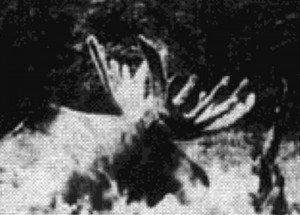
"Denali, the high one, takes us into the Park at the base of Mt. McKinley in Alaska to give us a better acquaintance with the animals that live in the 49th state with the long, cold winters. We visit with the bears, the big ones, the moose, fox, sheep, birds, and the busy beaver. We learn that the beavers work during the short summer season cutting, gathering, and storing leafy branches for winter food. There are many close-up views of the animals feeding and doing things wild animals do" PSA Journal, Oct. 1962, 33.
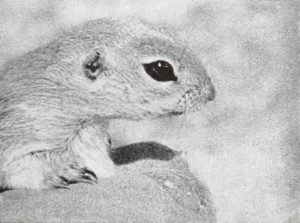
"Desert Life is a painstaking and little short of amazing study of the unusual creatures that make their homes on the American desert. Its thoroughgoing coverage of the subject may be because of the fact that Henry E. Hird is an Easterner who approaches this cinematic exposition with a fresh viewpoint. Every shot in his color movie is clean cut and perfectly exposed, but the really unusual feature of the film is an unmistakable indication of the infinite patience which must have been Mr. Hird's as he stalked his prey. The lizards and reptiles of the desert are all here, just as they move and have their being; the gila monster, the little, darting lizards and the snakes, including the strangest of rattlers, the "side winder." The desert rodents are represented, too. Most remarkable are the ultra closeups which show the fangs of the rattlesnake and how poison is extracted from them. The deadly black widow and other spiders pose for closeups, too, in this comprehensive film. Then, to show the desert's beauty as well as its danger, there are some excellent flower shots." Movie Makers, Dec. 1941, 563.
Total Pages: 37